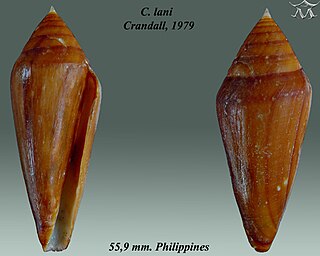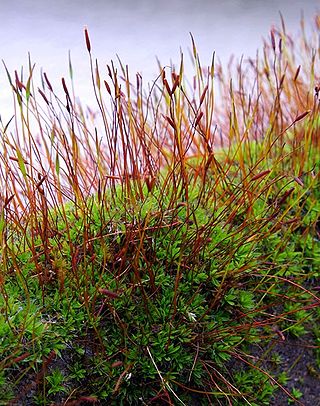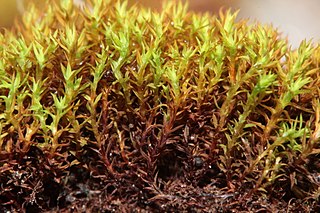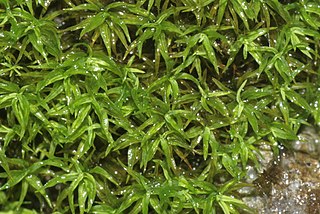
Eurotiomycetes is a large class of ascomycetes with cleistothecial ascocarps within the subphylum Pezizomycotina, currently containing around 3810 species according to the Catalogue of Life. It is the third largest lichenized class, with more than 1200 lichen species that are mostly bitunicate in the formation of asci. It contains most of the fungi previously known morphologically as "Plectomycetes".
Methanogenium is a genus of archaeans in the family Methanomicrobiaceae. The type species is Methanogenium cariaci.
Molendoa is a genus of moss in family Pottiaceae.

The governor of San Luis Potosí exercises the role of the executive branch of government in the Mexican state of San Luis Potosí, per the Political Constitution of the Free and Sovereign State of San Luis Potosí. The official title is Gobernador Constitucional del Estado Libre y Soberano de San Luis Potosí.

Haringtonhippus is an extinct genus of equine from the Pleistocene of North America The genus is monospecific, consisting of the species H. francisci, initially described in 1915 by Oliver Perry Hay as Equus francisci. Members of the genus are often referred to as stilt-legged horses, in reference to their slender distal limb bones, in contrast with those of contemporary "stout legged" caballine true horses.

The Onygenaceae are a family of fungi in the Ascomycota, class Eurotiomycetes.

Profundiconus is a genus of sea snails, marine gastropod mollusks in the family Conidae, the cone snails and their allies.

Sporothrix is a ubiquitous genus of soil-dwelling fungus discovered by Schenck in 1898, and studied in more detail by Hektoen and Perkins. The first described and best known species is Sporothrix schenckii, the causative agent of rose handler's disease. New environmental, and pathogenic, species have been discovered with the potential for more to be found as molecular techniques advance.

Barbula is a genus of mosses in the family Pottiaceae.
Penicillium restingae is a species of fungus in the genus Penicillium which was isolated from soil of the Guaibim sandbank in Bahia in Brazil.

Pumiri is a 4,862-metre-high (15,951 ft) volcano in the Andes that rises 1,062 metres (3,484 ft) above the surrounding terrain. The volcano is located in the Oruro Department, Sabaya Province, northwest of the Salar de Coipasa.

Tortula is a genus of mosses in the family Pottiaceae.

Syntrichia is a large, cosmopolitan genus of mosses in the family Pottiaceae. The genus name is of Greek origin for "with" and "hair", referring to the "twisted peristome united by a basal membrane".

Weissia is a genus of mosses, belonging to the family Pottiaceae.

Didymodon is a genus of mosses belonging to the family Pottiaceae. The genus has a cosmopolitan distribution.

Bryoerythrophyllum is a genus of mosses belonging to the family Pottiaceae. It was first described by Pan Chieh Chen and has a cosmopolitan distribution.

Trichostomum is a genus of mosses belonging to the family Pottiaceae.
Gertrudiella is a genus of mosses belonging to the family Pottiaceae.
Sciodaphyllum is a genus of flowering plants in the family Araliaceae, native to Central America, the Caribbean, and northern South America. It was resurrected from Schefflera in 2020.














